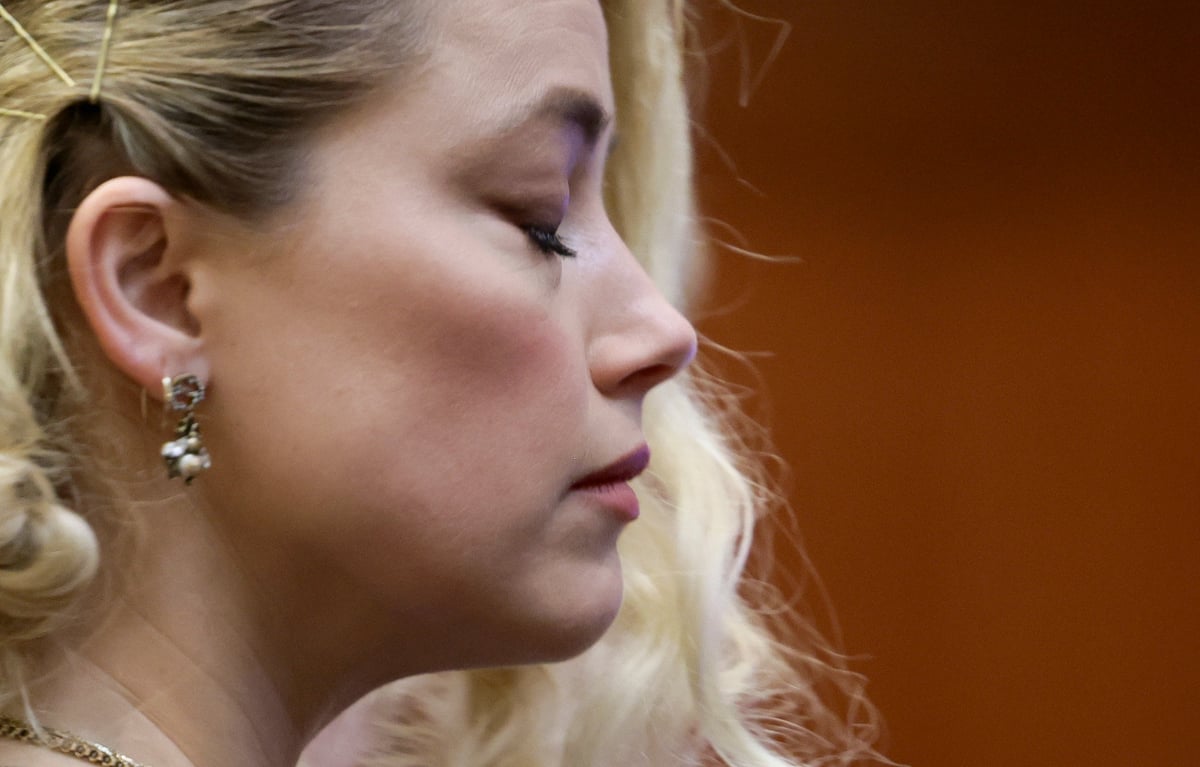
This post deals with domestic violence and could be triggering for some readers.
The author of this story is known to Mamamia but has chosen to remain anonymous for privacy reasons.
Over the past few weeks, every intimidating question Johnny Depp’s lawyer fired at Amber Heard during the court proceedings felt like a stab at me, even though I wasn’t on the stand myself.
For me, it was like reliving the pain, frustration and trauma of leaving an abusive relationship.
When I left this relationship a few years ago, I had to 'prove myself' to authorities. I had to deal with the worry of not being believed, particularly as my ex also declared to others that I was the aggressor, or the "crazy" one.
Although my friends fully supported me when I was leaving this relationship, the Amber Heard-Johnny Depp trial has affected some of our conversations.
When I merely expressed my empathy for Amber Heard for what she was going through, one friend said I was being biased based on my own experiences. Yet I wonder how biased Johnny Depp fans are in accusing Heard of lying.
Throughout this case, the public has been incredibly critical of Amber Heard. Not only are they saying she is lying, but they are mocking her, ridiculing her, and calling her the most hideous names.
It is seeing these comments that has been the most triggering aspect of this case.
Because I also spoke out and reported abuse, it reminds me of how much I had to prove myself even after what I suffered. All those cruel voices on social media remind me of what I feared the most, confirming my anxieties about what people would think if I told them what happened in our relationship.

Top Comments